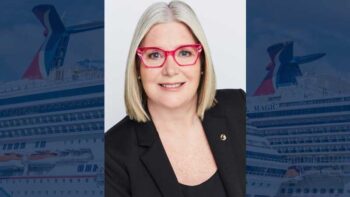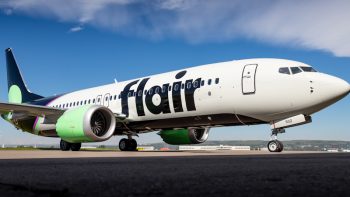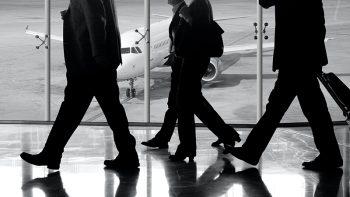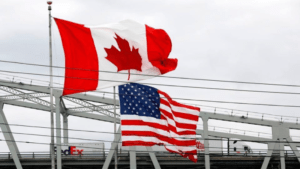
You know things are bad when the head of the International Air Transport Association compares the impact of the Trump tariffs to the devastation the terrible events on 9/11 had on the world’s travel industry.
IATA director general Willie Walsh said this week that carriers will adapt quickly to the new reality and that they’re “cautiously optimistic.” But he didn’t sugarcoat the issue.
"Depending on what the uncertainty eventually is, it's probably somewhere near the impact we witnessed following the tragic events of 9/11, which was significant in terms of transatlantic traffic, but short-lived, and the market recovered within a few months," he told The National at annual IATA World Cargo Symposium in Dubai.
"I don't see it having the same impact as the global financial crisis and certainly nowhere close to what we witnessed during the pandemic,” Walsh said.
He also said world airlines know how to adapt to new realities, and are quickly shifting routes from low-demand areas to destinations that remain popular or are gaining new fans.
Canadians have already seen some of these shifts. WestJet and Air Canada have both cut back on U.S. routes and moved capacity to other regions. WestJet, in particular, has increased service to Europe, including more flights to Ireland, Scotland and Iceland.
United and other US airlines also have decreased capacity in and out of Canada.
Trump’s back-and-forth position on tariffs have caused a great deal of economic uncertainty for global businesses, including the aviation industry.
“Cars, consumer goods and industrial equipment have been delayed at ports, stuck on rail cars and languished in warehouses at times over the last few months due to the White House's on-again, off-again tariff policy,” the CBC wrote recently. “Planes and their engines are usually ordered by U.S. buyers years in advance, and tariff confusion risks delaying shipments of both, even if the industry has not been directly targeted for duties.”






